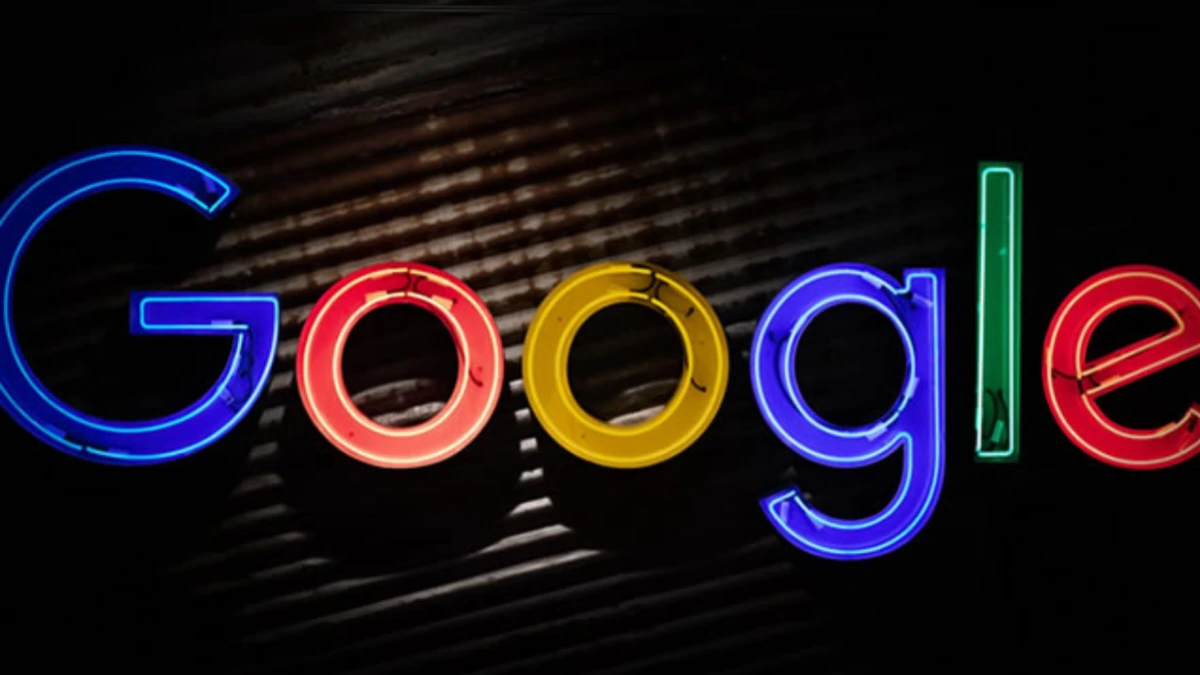Investor anxiety surrounding OpenAI’s growing influence in the internet ecosystem especially its perceived threat to Google may be exaggerated, according to a new research note from Mizuho.
The firm’s analyst Lloyd Walmsley said in a report that concerns about OpenAI’s potential to upend established tech giants echo past fears of disruption that ultimately did not materialize.
“Competitive risks from OpenAI across the Internet landscape, particularly at Google, have been topic number one in over one hundred investor conversations,” Walmsley said. “However, we see parallels with previous episodes of disruption fears that ultimately did not pan out.”
OpenAI’s rapid rise since launching ChatGPT in late 2022 has fueled speculation about its potential to reshape how users search for and consume information online.
Many investors have pointed to the company’s AI driven products, including ChatGPT, GPT-5, and the text to video app Sora, as potential challenges to Google’s long dominant search and advertising businesses.
The launch of OpenAI’s “Atlas” platform in October added to those fears, positioning the company as a broader player in AI software and developer tools. But despite the attention, analysts suggest the broader impact on the internet landscape remains uncertain.
Mizuho’s latest note argued that while AI innovation continues to advance, historical examples show that not every entrant with disruptive potential reshapes an entire industry.
The firm drew comparisons to Amazon’s ventures into groceries and health care initiatives that generated similar investor concerns but ultimately produced limited impact on incumbents.
“We’ve seen this playbook before,” Walmsley wrote. “From TikTok’s challenge to Meta to Amazon’s push into non-core sectors, the market tends to overestimate the near term threat of disruption.”
The analyst noted that many investors are “jumping to quantifying impacts premised on widespread product success from AI natives that may not pan out at all.”
Independent market researcher Claire Donovan, based in San Francisco, shared a similar perspective. “It’s important to distinguish between technological promise and commercial viability,” Donovan said.
“OpenAI’s products are impressive, but displacing Google’s search or YouTube ecosystems is a different scale entirely.” Industry consultant Robert Lee added that large scale behavioral shifts on the internet typically evolve gradually, not overnight.
“User habits, advertiser trust, and data infrastructure are deeply embedded in Google’s ecosystem,” Lee said. “Even with groundbreaking AI, replicating that at scale is a monumental task.”
According to SimilarWeb data cited by Mizuho, OpenAI’s “time per user” metrics have shown continued deceleration in recent months.
While usage remains stable, the report noted that there has not been a significant rebound in user engagement following the summer slowdown.
On the consumer front, OpenAI’s Sora app has consistently ranked among the top spots in the iOS App Store. However, Mizuho stated there is “a low probability that Sora meaningfully disrupts Meta or YouTube,” pointing to the challenges of converting viral popularity into lasting market dominance.
By contrast, Google’s AI strategy appears poised for reinforcement. Walmsley said the upcoming Gemini 3 launch “could further tilt sentiment for Alphabet shares toward AI winner, at least near term.”
Comparatively, Alphabet’s search business still accounts for over 90 percent of the global search engine market share, according to StatCounter data.
OpenAI’s ChatGPT, despite its popularity, functions primarily as a conversational assistant rather than a direct search substitute.
Among everyday users and professionals, reactions to OpenAI’s progress remain mixed. “I use ChatGPT for research summaries and creative work, but when it comes to finding verified information or news, I still rely on Google,” said Melissa Howard, a freelance writer in Austin. “It’s about trust and speed.”
Meanwhile, digital marketer Fahad Khan from London said AI has definitely changed the workflow but hasn’t yet altered core marketing strategies.
“ChatGPT is great for content ideas and automation,” Khan said. “But Google’s ad targeting and analytics still define how businesses reach customers.”
Even within the AI development community, skepticism persists. “There’s a huge gap between building an AI model and creating a sustainable internet platform,” said Ethan Chen, a software engineer at a Bay Area startup. “OpenAI is moving fast, but Google’s infrastructure runs deep.”
While Mizuho remains “wide eyed about potential risks,” the firm believes the narrative will soon refocus on fundamentals as earnings season progresses.
Analysts expect Alphabet’s third quarter report to highlight continued investment in AI driven search enhancements and ad tools, potentially shifting sentiment back toward established players.
Walmsley’s note suggested that fears of widespread disruption may cool following OpenAI’s Atlas announcement. “As the initial excitement fades,” the report said, “investors are likely to return focus to monetization metrics, cost structure, and user engagement trends.”
Experts agree that AI’s impact on the internet will be evolutionary rather than revolutionary in the short term. “It’s not about who wins or loses immediately,” Donovan said. “It’s about who integrates AI most effectively into their business model over time.”
As the race to define the future of online search and AI intensifies, Mizuho’s findings offer a reminder that innovation and disruption do not always translate into market dominance.
While OpenAI’s ascent has captivated investors and users alike, the path to unseating an entrenched leader like Google remains steep.
For now, both companies appear to be charting their own courses OpenAI by pushing the boundaries of generative AI, and Google by embedding AI deeper into its core products. Whether the balance of power shifts in the long run remains a question only time and users can answer.
